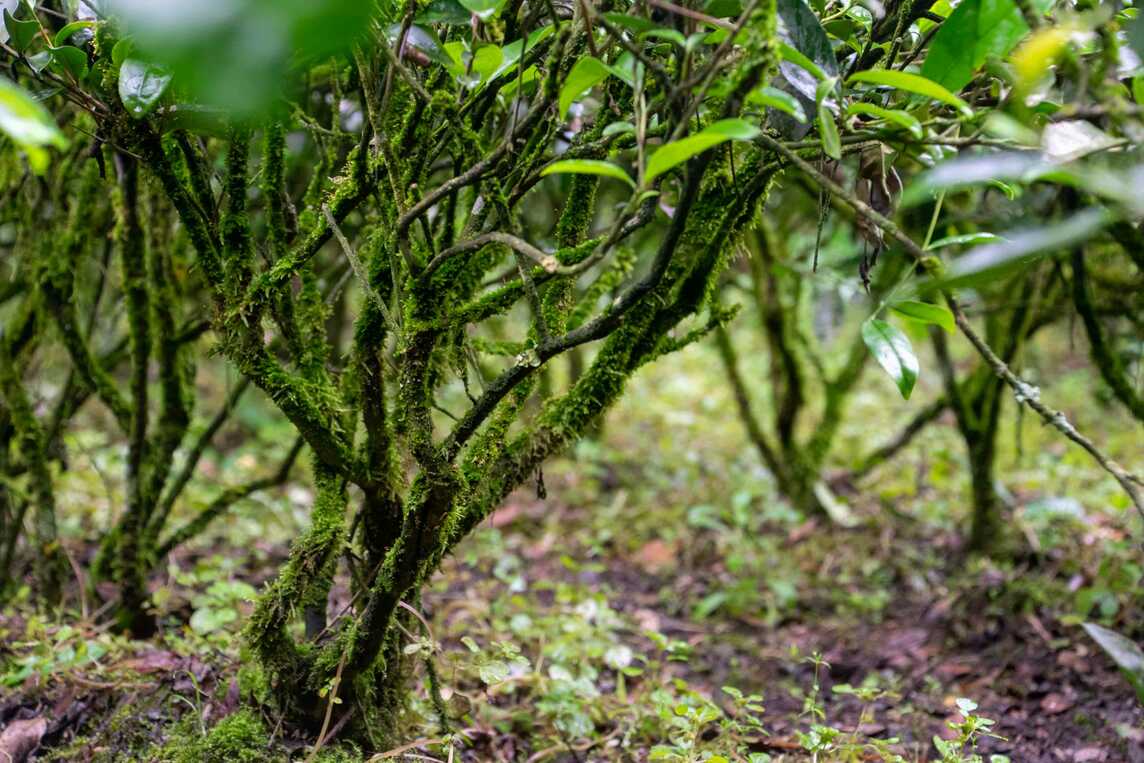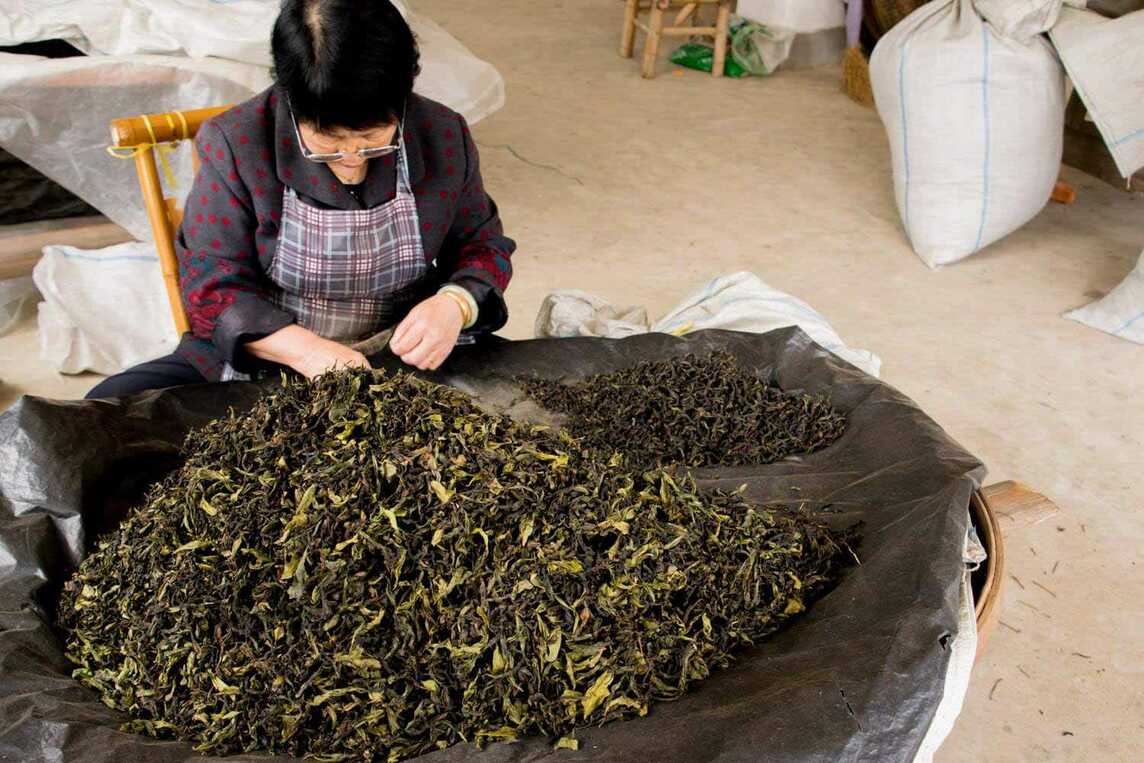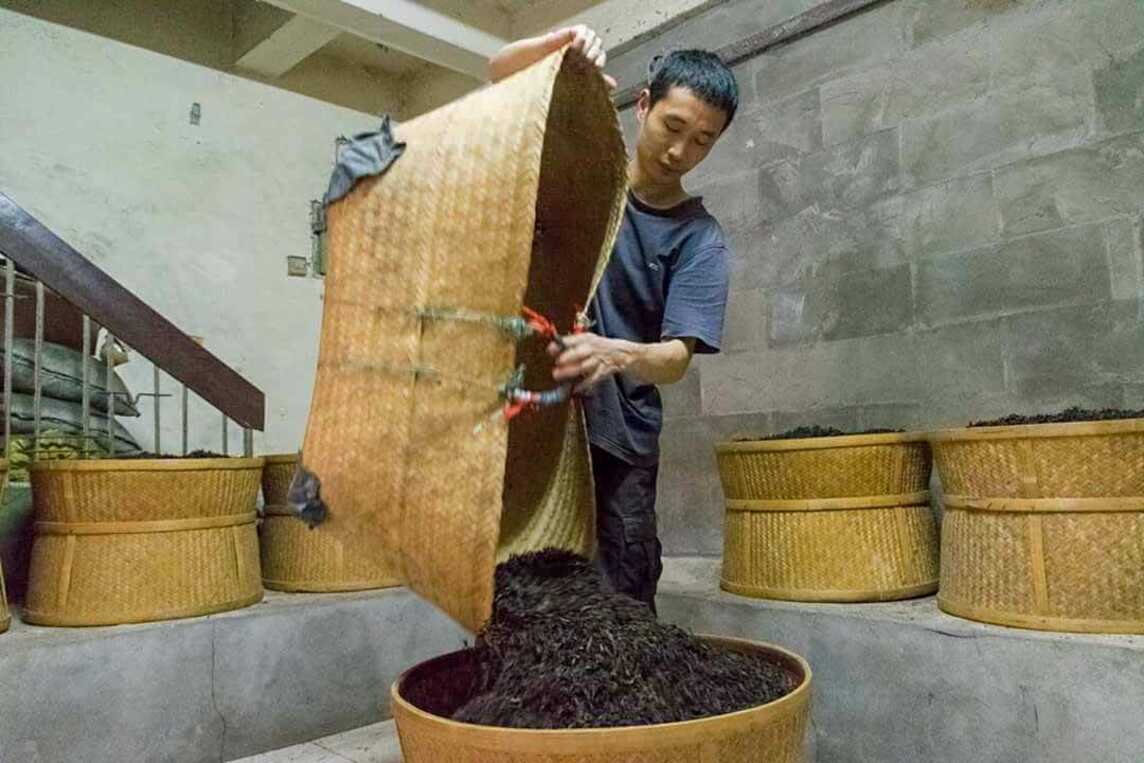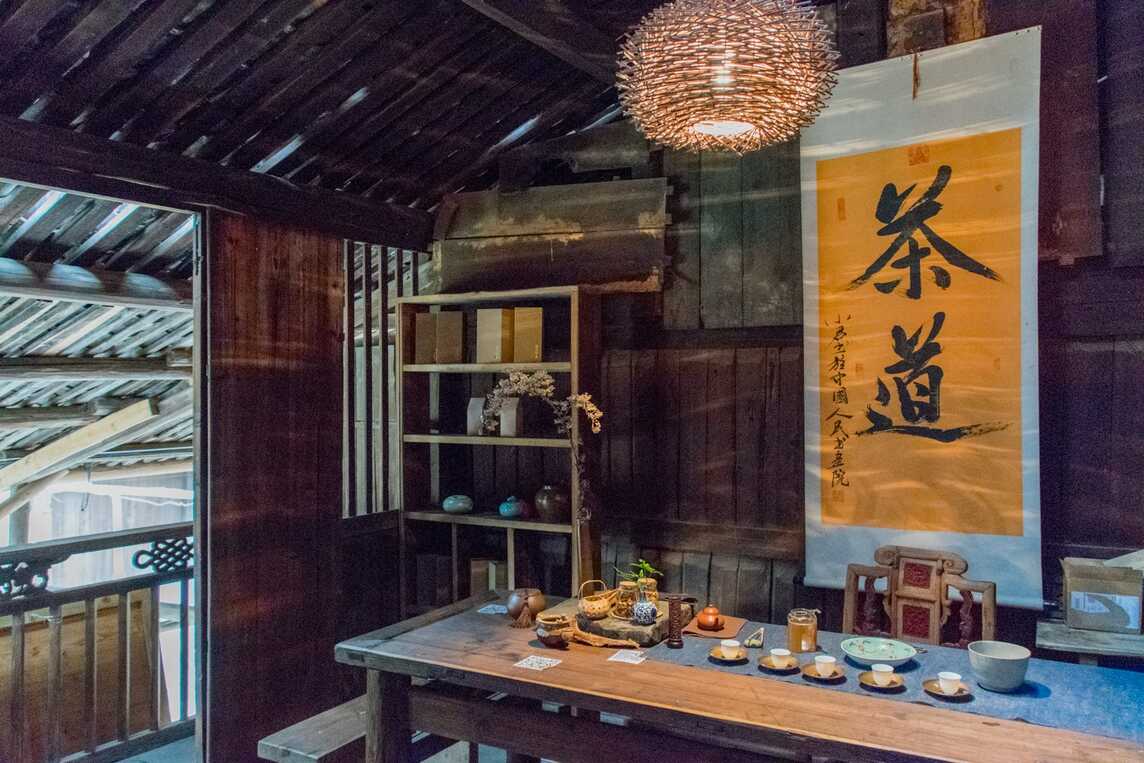
Tea Of The Month Club
Upcoming!
New Price -- $35 a month!
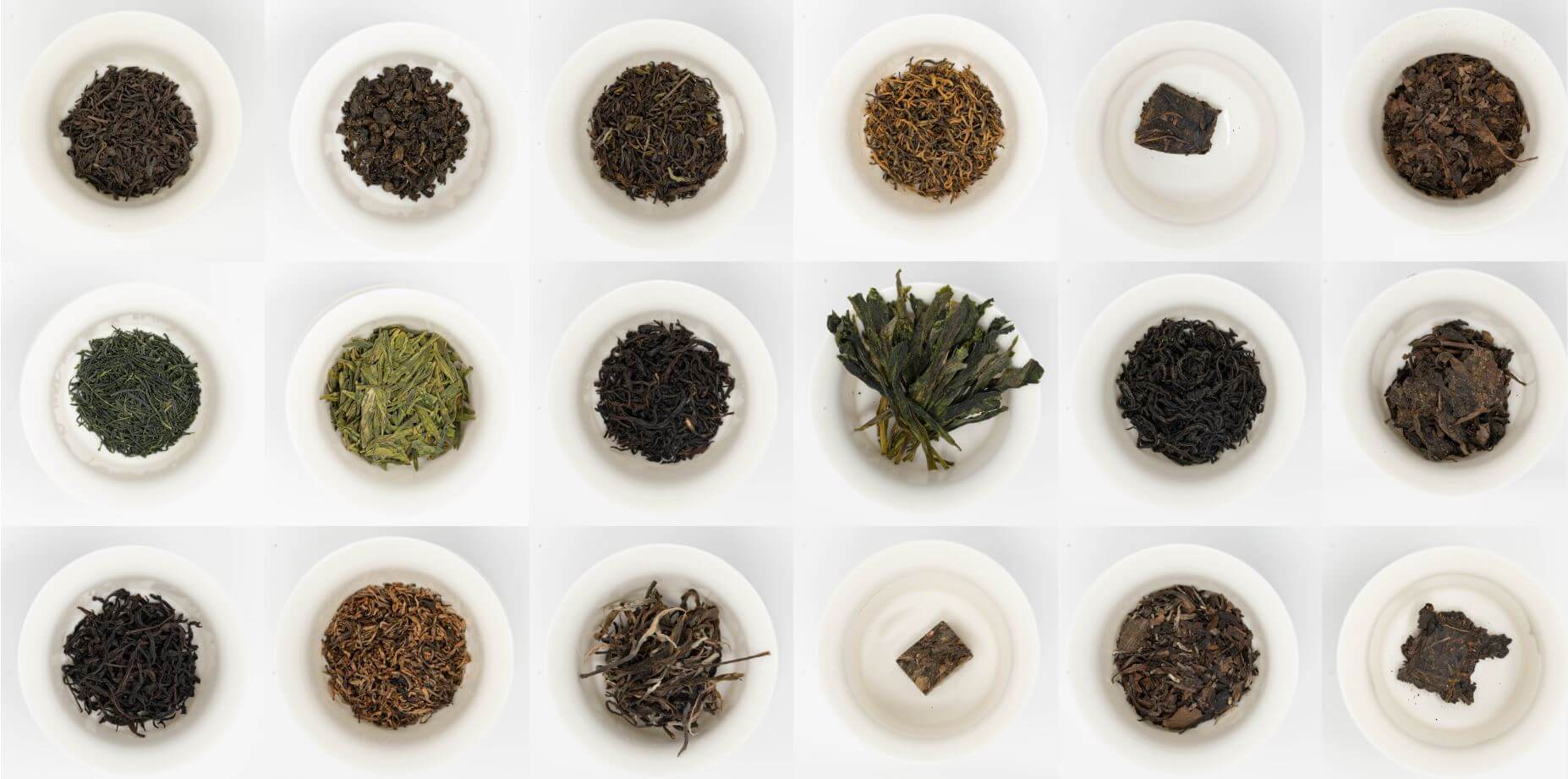
Same Great Tea - $10 Less!
Our first monthly club included some fantastic teas!
But, Too Much Packaging!
No more fancy box, no more expensive printouts!
Just high quality tea and multimedia educational material!
And, FREE SHIPPING!
What To Expect
Each month, our Tea Of The Month Club box includes an average of 90g of between six and nine different premium quality teas.
A serving of tea ranges from 3g to 7g. So, 90g is between 12 and 30 servings of tea!
You will always get at least 18 servings of between 6 and 9 select teas.
| Servings | Tea Type | Serving Size | Total |
|---|---|---|---|
| 18 | Jin Jun Mei | 3g | 54g |
| 18 | Shou Pu'er | 5g | 90g |
| 18 | Tie Guan Yin | 7g | 126g |
Every box is filled with a delightful selection that complements and contrasts not only flavor profiles, but also historical and cultural narrative!
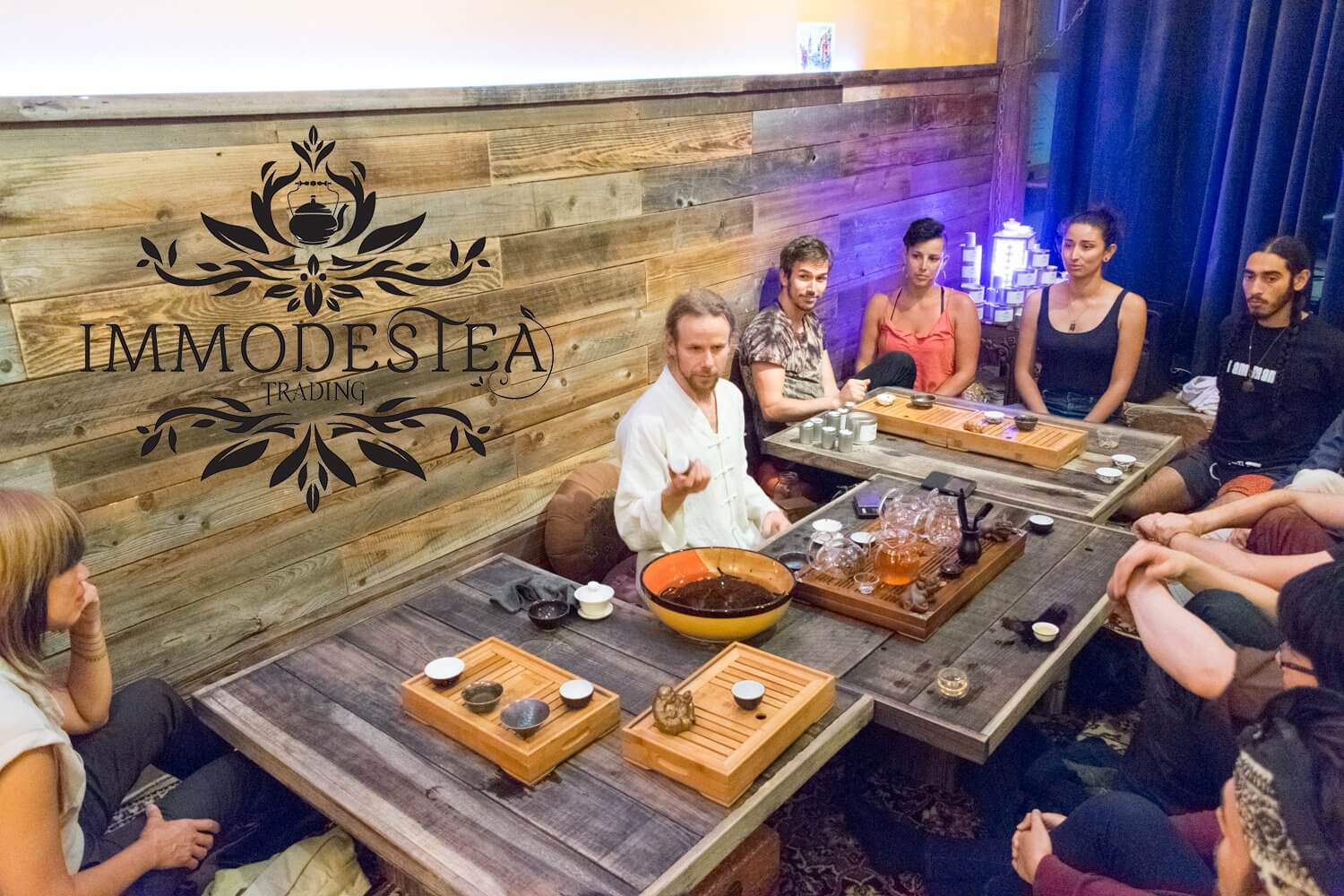
If you were not in on the first Tea Of The Month Club, let me quickly go over what we covered last time. The following may seem like a foreign language to you, but everything will make sense after a year with us! Once you figure out which teas you love best you will quickly become fluent in the language of tea which spans every culture.
"Thank you, may I have another?!"
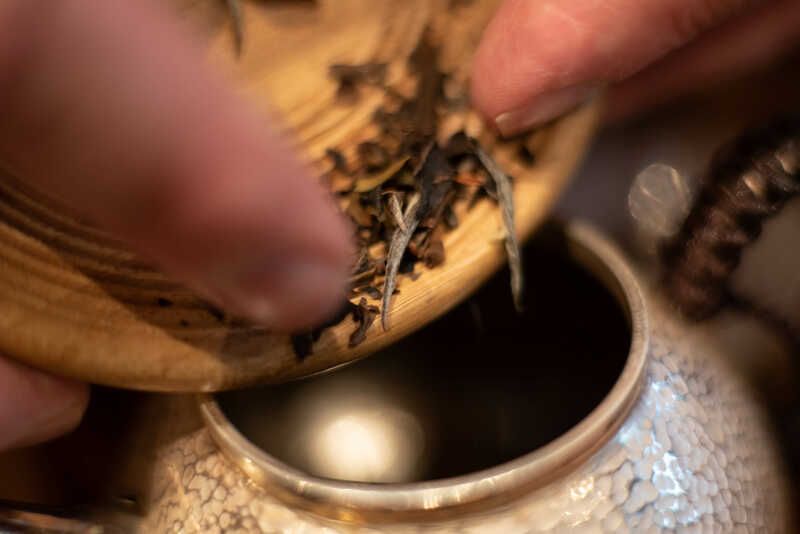
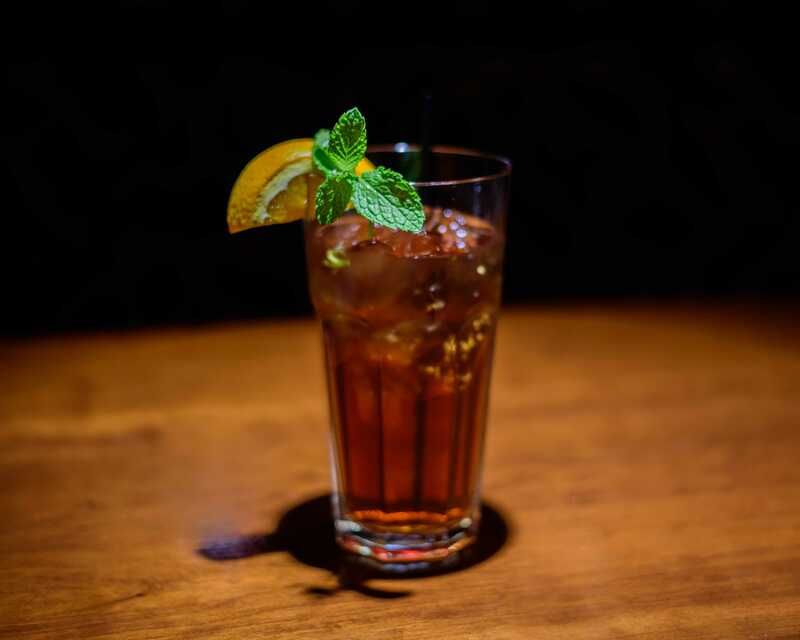
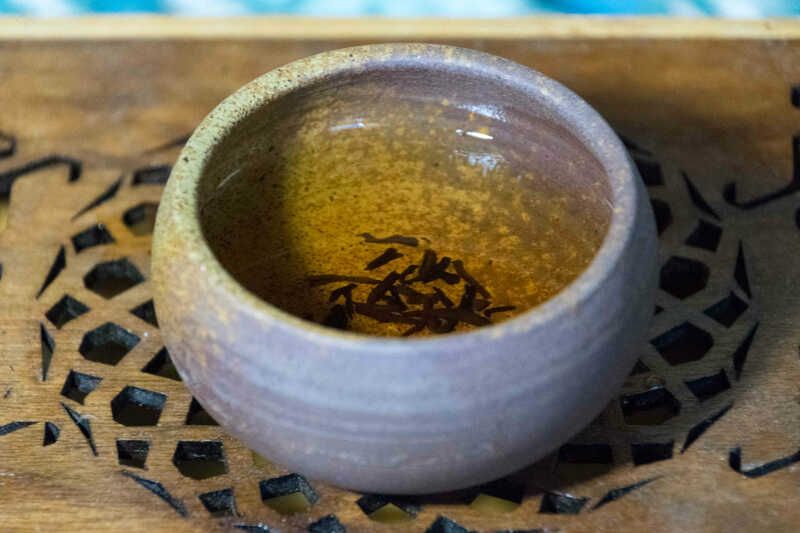

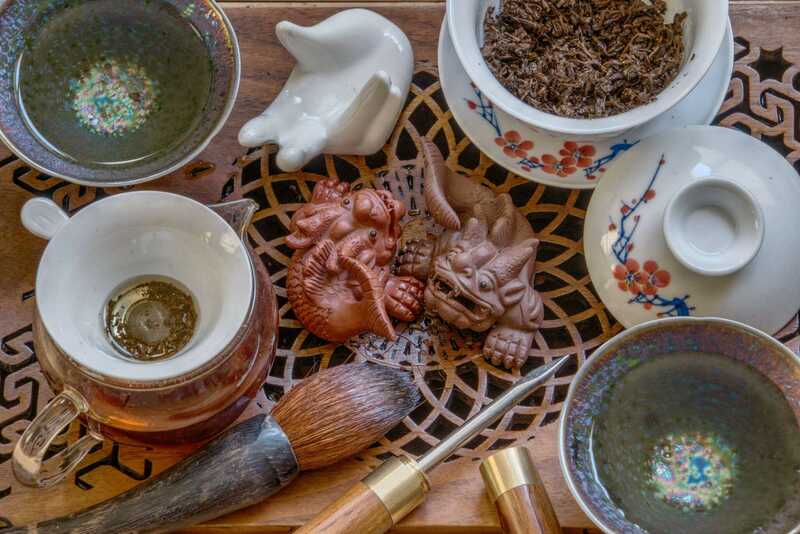
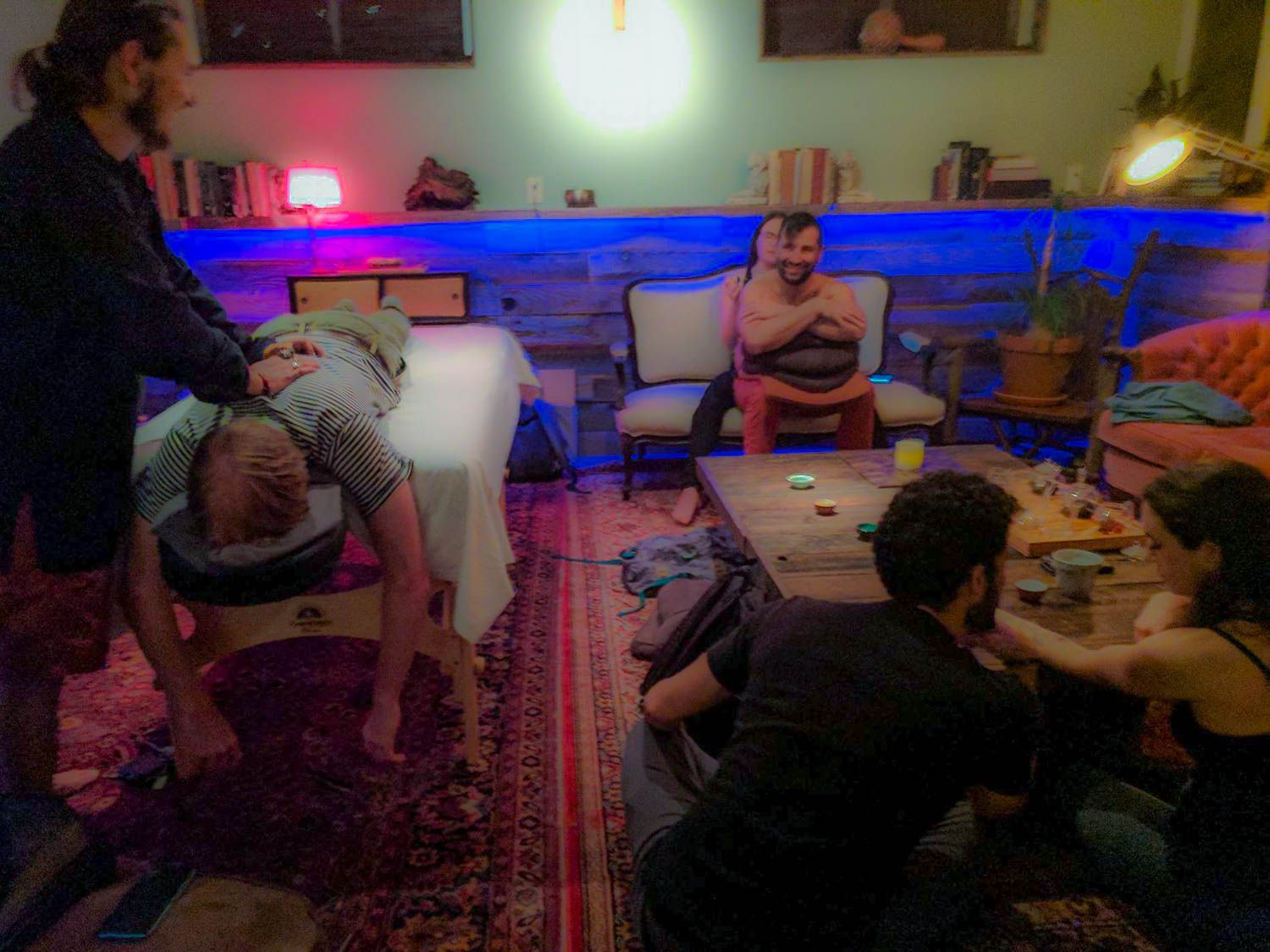
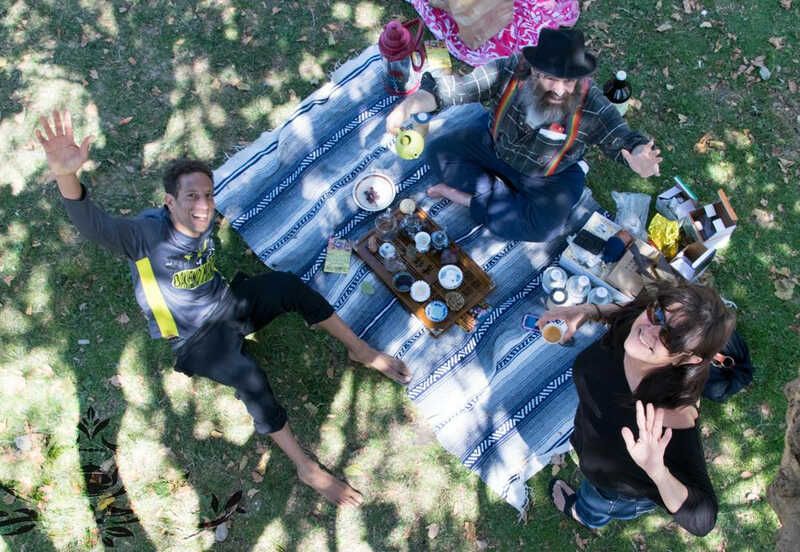
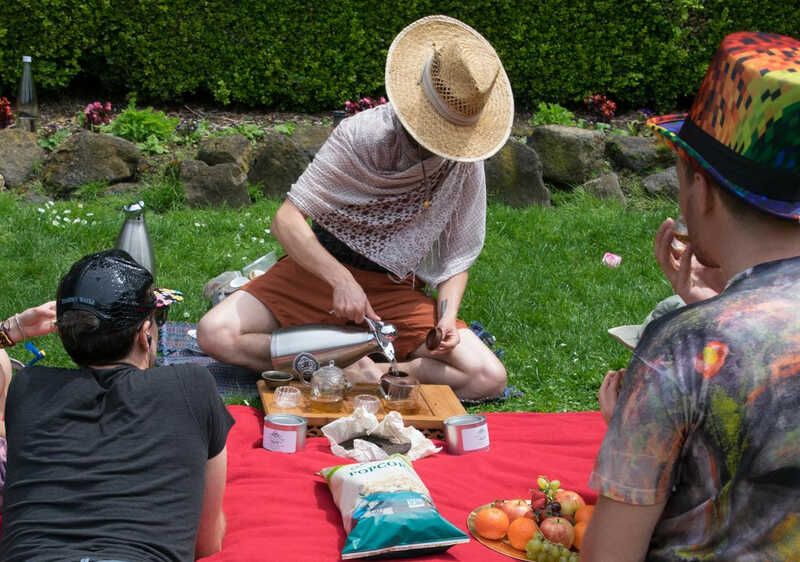
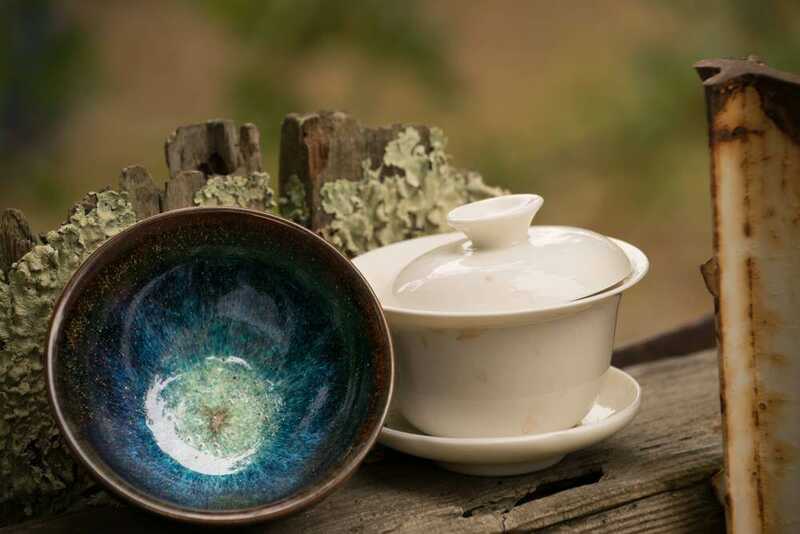
South West China
Black Tea (Fermented)
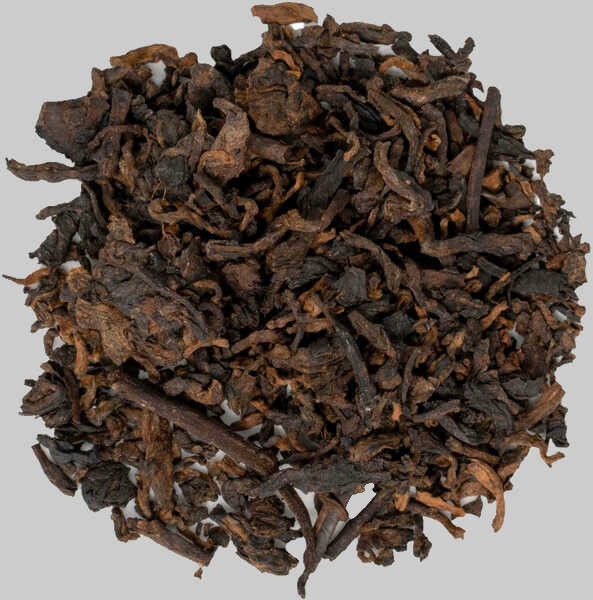
Ripe Pu'er (熟普; Shou Pu'er, Black Pu'er, Shu Puerh) has recently become all the rage, with the hip tea crowd. But few know more than that it is fermented, and maybe that it is from Yunnan. You really must try my favorite Old Tea Heads (老茶头; Lao Cha Tou) and Pu'er blended with the Sticky Rice Fragrance Plant (糯米沱茶; Nuomi Tuocha)! I won't send you anything with a strong wet pile (渥堆; Wo Dui) taste, but it's fishy. Neither am I into any other really strong "funky" flavors.
Green Tea (Low Oxidation)
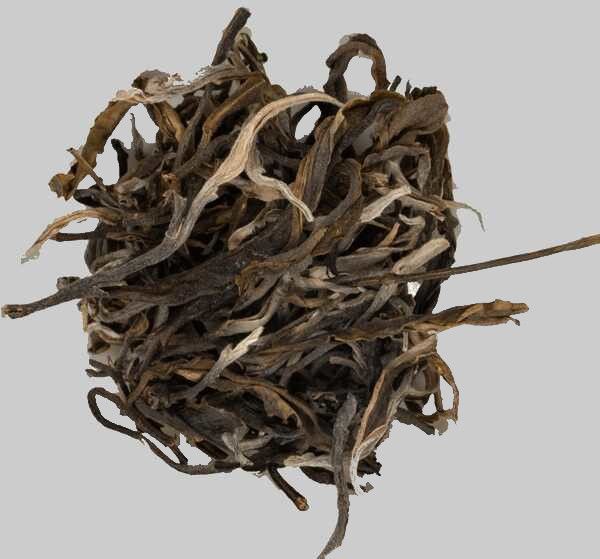
Aged Raw Pu'er (生普, Sheng Pu'er, Green Pu'er) is the non-fermented "Sunburnt" green tea that Shou Pu'er is trying to imitate with it's fermenting process. Even fresh Sheng Pu'er is often quite expensive from the famous mountains, but if it's your cup of tea - you certainly get what you pay for. Coffee drinkers have nothing to fear from the mild bitter and astringency of a fresh Sheng Pu'er. And, I don't even like to mention it, but apparently tea that smells like old socks is an acquired taste... I won't send you anything that stinky, but you should know that it's a thing.
Red Tea (High Oxidation)
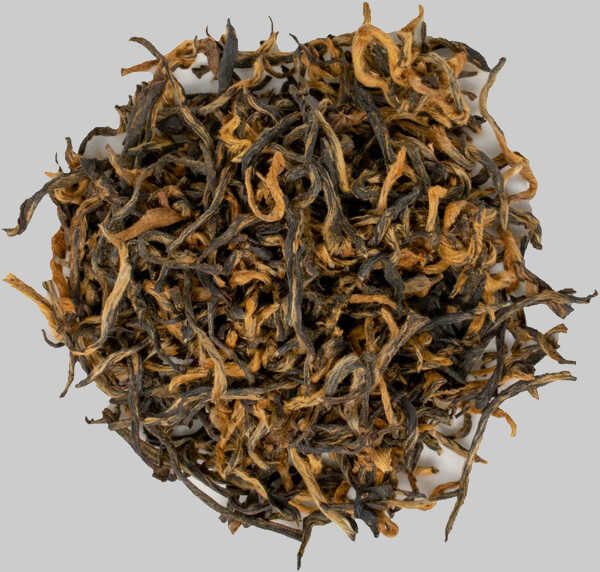
Yunnan Red (滇红; Dian Hong, Red Pu'er) from Lin Xiang (临湘) and Feng Qing (凤庆) harvested over three months at different elevations. Because it is a Yunnan tea it is sometimes it is called "Red Pu'er" but that is an (officially) incorrect designation.
South East China
Red Tea (High Oxidation)
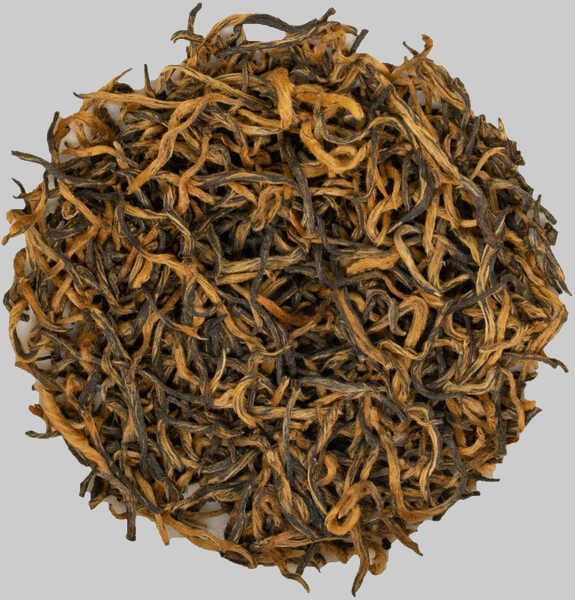
When you see the golden buds of an authentic Jin Jun Mei you can truly appreciate why the Chinese properly call this class of tea "red" and not "black" tea! Lapsang Souchong (正山小种; Zheng Shan Xiao Zhong) is the ancestor of all Chinese Red Tea. It was traditionally smoked, but that is increasingly rare. Golden Steed Eyebrows (金骏眉; Jin Jun Mei) is the latest iteration of that tradition. Both are also from Wuyi Shan, possibly the most creative tea mountain range.
Green Tea (Low Oxidation)
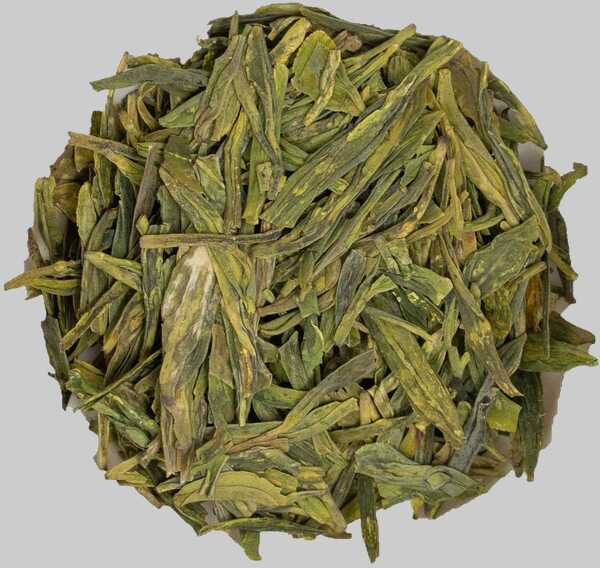
Dragon Well (龙井; Long Jing) is probably the best known Chinese Green Tea. The finest Dragon Well I have tasted was unlike anything else, but also cost more than I could ever afford. The best Dragon Well has absolutely no bitterness or astringency, but very little can be produced per year. Luckily, most people like a little "green tea taste" in their tea. Most early season green tea will be sweet without needing sugar.
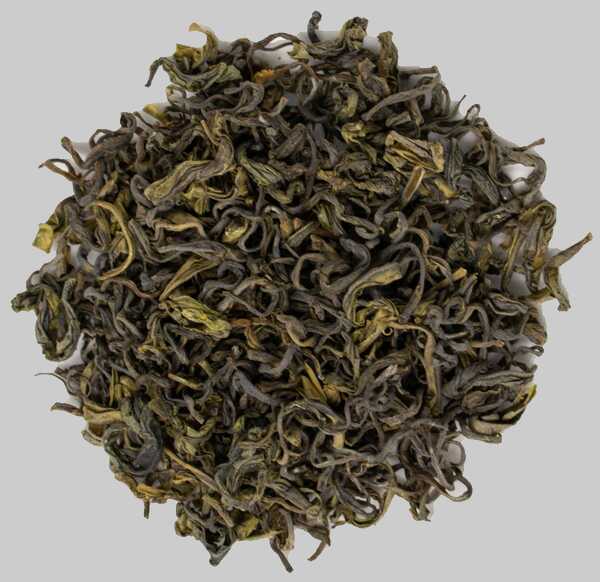
Anji White Tea (安吉白茶; Anji Baicha) is a less well known Green Tea! Possibly do to confusing marketing the price per quality ratio is fantastic. One year I was able to find high quality season Anji Baicha leaf that was processed like a humble Panfried Green (炒青绿茶). For the cost it was one of my favorite teas ever!
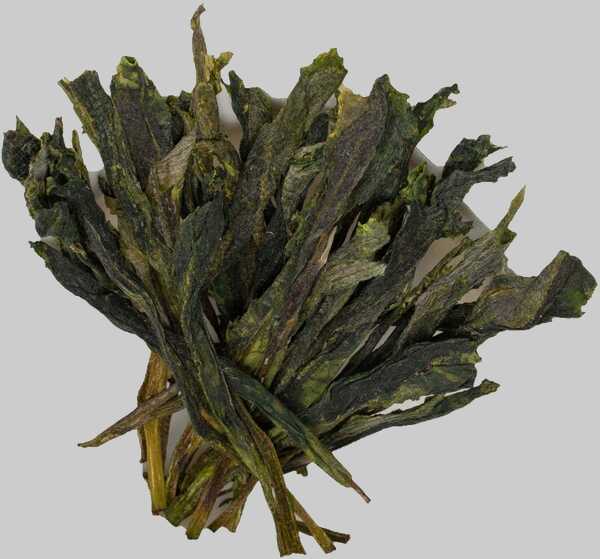
Almost certainly the most unique green tea we included last time was the hand pressed Tai Ping Monkey King (太平猴魁; Tai Ping Hou Kui). I don't think I'll include hand pressed again, but early season Tai Ping Hou Kui is a must have!
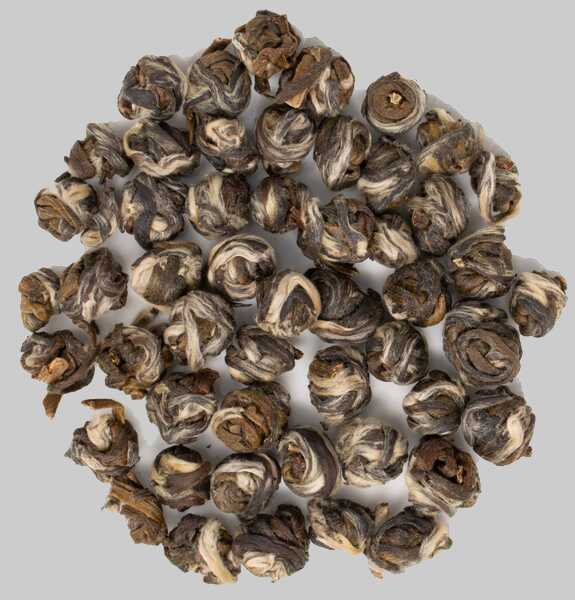
Jasmine (茉莉花茶; Mo Li Hua Cha) is a sadly misunderstood tea. It is often the last refuge for bitter and astringent late season green tea... I certainly didn't have much respect for it... until two German friends had me searching a whole week for a Jasmine that would meet their standard. After I educated myself I became a devoted Jasmine Tea Lover.
Oolong/Wulong Tea (Complex Oxidation)
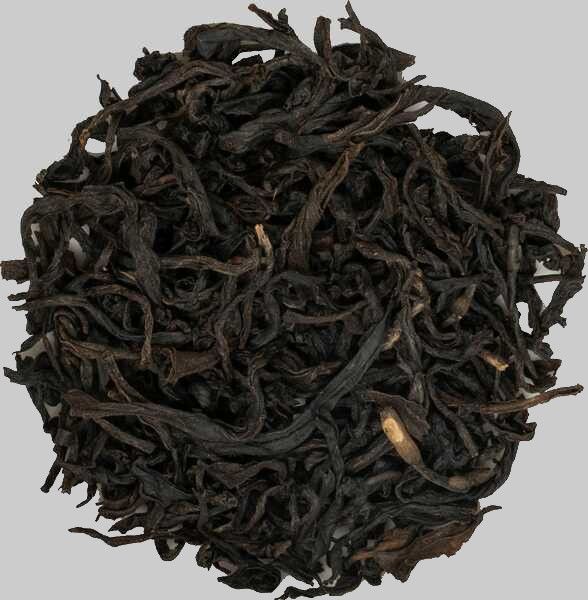
Bitter green tea is either cheap (late season harvest), or poorly brewed. Phoenix Wulong (凤凰单丛; Fenghuang Dancong) on the other hand is bitter no matter the quality. It's not too bitter, just so fantastically complex that diminishing the bitter lessens the tea. You probably won't want to drink it in the traditional style, strong, with freshly broken leaves to pack an extra wallop - but brewed a bit more delicately it is a delight to even the snootiest super taster.
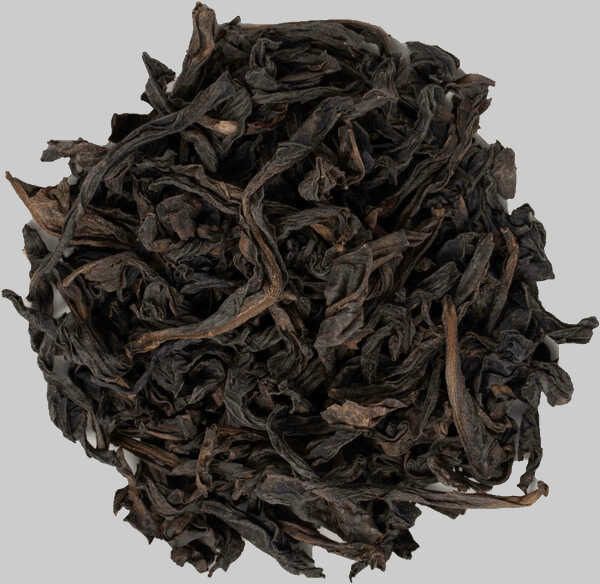
Wuyi Shan (武夷山) is the home of the legend of Big Red Robe (大红袍; Da Hong Pao), but few tea drinkers know that the famous wulong is not even a single bush at all! In China and abroad the broad class of Cliff Tea (岩茶; Yan Cha) is blended and sold as Da Hong Pao. You will enjoy the endless selection of blended and single variety Wuyi wulongs.
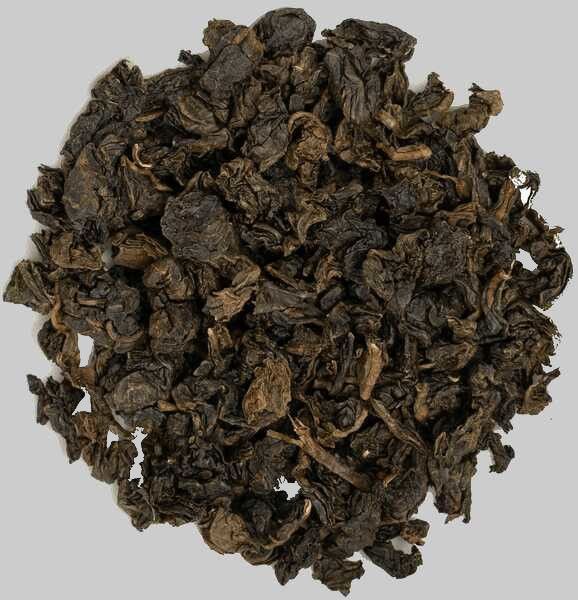
The taste of Iron Goddess (铁观音; Tie Guan Yin) is surprisingly well known. The classic Charmed Fragrence (韵香; Yun Xiang) and Strong Fragrence (浓香; Nong Xiang) styles age pretty over time, but Flower Fragrence (花香; Hua Xiang) and Pure Fragrence (清香; Qing Xiang) have more volitile compounds that need to be carefully stored and enjoyed within 6 months of opening.
Taiwan
Oolong/Wulong Tea (Complex Oxidation)
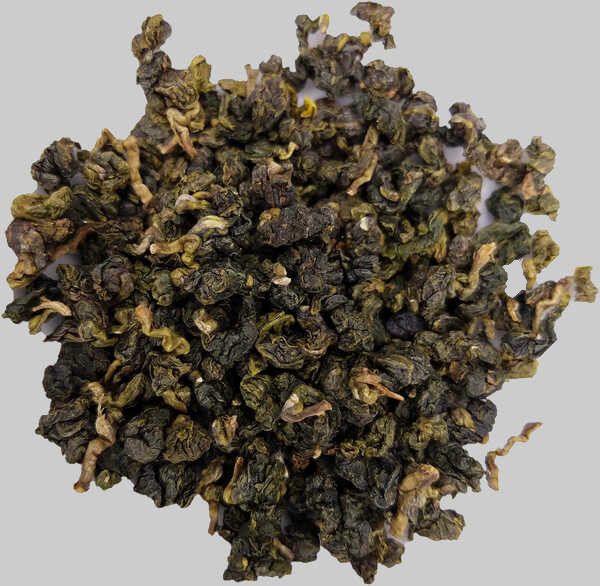
Taiwanese Wulong (台湾乌龙; Taiwan Wulong, Formosa Oolong) is highly influenced by the tradition of the Iron Goddess accross the straight in Fujian. If you remember the Iron Goddess flavor from your grandmothers pantry, it was probably actually from Taiwan. Gui Hua Wulong (桂花乌龙), is like Jasmine with Osmanthus Flowers. My favorite Milk Wulong (奶香乌龙) from high mountain Golden Lilly Wulong (金萱乌龙) is my favorite, and sweet Ginseng Wulong (人参乌龙) is often a powdered Benshan Wulong (本山乌龙).
When you sign up you will be billed monthly for inclusion in the next months Tea Club which will ship near the middle of the month.
When you sign up for a subscription you will enter your payment information and will be billed regularly according to your chosen subscription cycle. You can update your billing and shipping information any time using the Portal found at the top right corner of the website.
